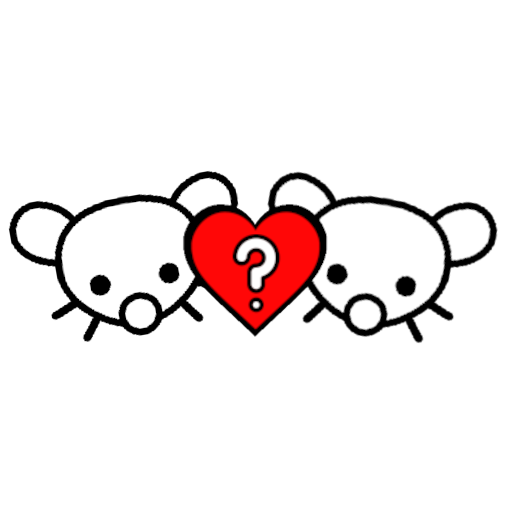Firstly, no idea about the origin of this phrase, but it seems like a poorly constructed idea that is broad enough to generate discussions on any point of view that you want.
What I take from researching is that sharing your troubles shouldn’t be a one way street, if both people support each other it isn’t therapy it’s sharing, which is just semantics at this point. Can I vent about life to my partner or only to my close friends? or do I need to hire a professional?
Alternatively a very direct reading is that your partner doesn’t have the medical expertise to solve your mental issues. Which is very fair, but again lay people can’t be expected to diagnose if their partner is suffering from depression or just sad that their dog died.
A really negative reading of this is just a toxic excuse, “Oh, my boyfriend cried in front of me so I dumped him, I’m not his therapist”
At the end of the day, ignoring this phrase, should I share that I had a bad day with my partner? Should we talk about trauma that we had as kids? Where is the line if there is any?


I’ve heard variations of this phrase and I think the underlying theme is that your partner isn’t there for you to trauma dump every time something negative happens. I see it intended the same way “your partner isn’t your mother” and shouldn’t always be picking up after you.
It’s less about what you’re telling to her partner as whether it’s what they want to be talking about right now. Deep conversations where you’re vulnerable are a critical part of a close relationship, but it does need to be reciprocal. There are people out there that have such a weak grasp of empathy that they’ll whine about their own problems and then wander off to watch tv. No “thanks for listening, and how are you feeling?” or similar. There’s doesn’t have to be a trade of grievances, but rather a general understanding that you are there to hear each other when one of you is in pain.
IMO, it’s the kind of advice friends give each other while partners aren’t present. If one partner is telling the other that kind of thing, I think the relationship is sick and probably not much longer for the world.
And it’s absolutely abused by narcissists to try to make their shitty attitude sound acceptable.
Exactly.
You are allowed to “dump” on your therapist if you want, because they are literally being paid to listen and help. It’s a mostly one-directional relationship.
You aren’t allowed to unilaterally dump on your partner, however, because that relationship is two-directional and you need to be considerate of your partner’s feelings.
Easy.